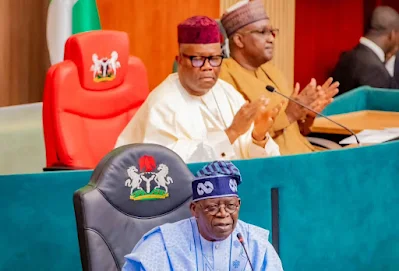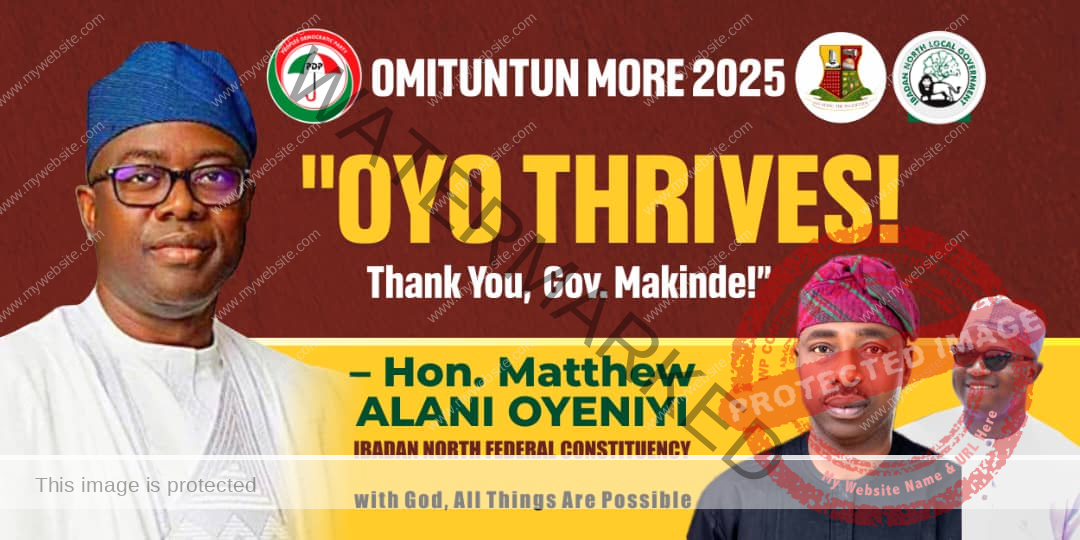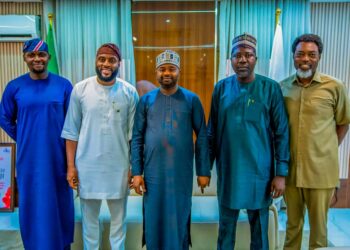


A Professor of Disaster Management and Humanitarian Studies and Country Director of GOALPrime Organisation Nigeria, Professor Christopher Chinedumuije, has called on President Bola Tinubu, state governors, and members of the National Assembly to end what he described as Nigeria’s dangerous dependence on borrowing to fund governance.

Chinedumuije stated that President Tinubu, state governors, and members of the National Assembly are operating a “survival” economic system in Nigeria, emphasising that the country can be productive without borrowing.


He made the call in an open letter titled, ‘Stop the Borrowing – Nigeria Must Breathe on Its Own’ and addressed to President Tinubu, governors of the 36 states of the federation and members of the National Assembly.
He said that Nigeria cannot continue to borrow to fund the national budget, noting that the cycle is fiscally irresponsible, economically unjust, and morally indefensible
“As we commemorate two years into the Renewed Hope Administration and as states begin preparing their 2026 budgets, one truth must be accepted without excuses, Nigeria cannot continue to borrow to fund the national budget. This cycle is fiscally irresponsible, economically unjust, and morally indefensible,” he stated.


Chinedumuije cited alarming economic statistics. He stated that in the first quarter of 2025, debt servicing consumed a large chunk of the federal retained revenue, raising urgent questions about the sustainability of Nigeria’s public finances.
He said, “We are borrowing to pay salaries. We are borrowing to run ministries. We are borrowing to maintain a bloated, inefficient government.
“This is not governance. It is slow national asphyxiation.”
He criticised the unimplemented Oronsaye Report, which recommended merging redundant agencies, potentially saving N862 billion over a decade.
Chinedumuije urged Tinubu to devolve development plans and actions to the states and the local governments that are closer to the people whose lives and businesses require urgent interventions.
He said the president needs to “assign clear constitutional responsibilities for primary healthcare, basic education, and rural infrastructure to states and LGAs with funding to match, establish State and LGA Development Coordination Councils empowered to manage donor projects and national social investments, incentivise state-led innovations through competitive development grants from the federal government and development partners.”
He noted that failure to act decisively and urgently would portend more dangers to the nation’s economy and its people.
He stated that over 70% of public capital projects are reportedly abandoned or unproductive.
He called for better use of Public-Private Partnerships (PPP), which could attract over $100 billion in investment.
He said that with only eight states able to fund their recurrent budgets from internally generated revenue, there is a need for reforms to incentivise state-level productivity over federal dependency.
According to him, development must be localized. Therefore, he called for clear responsibilities and adequate funding for states and local governments (LGAs) to manage healthcare, education, and infrastructure.
He warned that if his recommendations are ignored, “We must brace for national insolvency.”
He noted that “Fitch Ratings downgraded Nigeria’s credit outlook in 2024, citing unsustainable debt trajectory.
“With 20 million out-of-school children and healthcare spending at just 4% of the budget, we are heading toward systemic social collapse (UNICEF Nigeria, 2024).”
He lamented, “Youth unemployment is at 53% (NBS Q4 Report, 2024). Hunger, anger, and hopelessness are a dangerous mix.
“By 2050, Nigeria will become the 3rd most populous country in the world, but a population without productivity is a burden, not a blessing (UN Population Division, 2024).
“The IMF and World Bank have both warned that continued borrowing without reform will make Nigeria ineligible for concessional finance and investment guarantees (IMF Article IV, 2024).”
Nigeria, Africa’s most populous nation, has long been troubled by over-dependence on crude oil revenues, volatile commodity prices, poor revenue generation, and endemic corruption.
While efforts have been made to diversify the economy, progress has been slow.
Last Tuesday, President Tinubu sent three letters to the National Assembly seeking legislative approval for a new external borrowing plan of over $21.5 billion and a domestic bond issuance of ₦757.9 billion to clear outstanding national pension liabilities.
These requests were outlined in the letters, which were read on the floor of the House of Representatives by Speaker Tajudeen Abbas.













